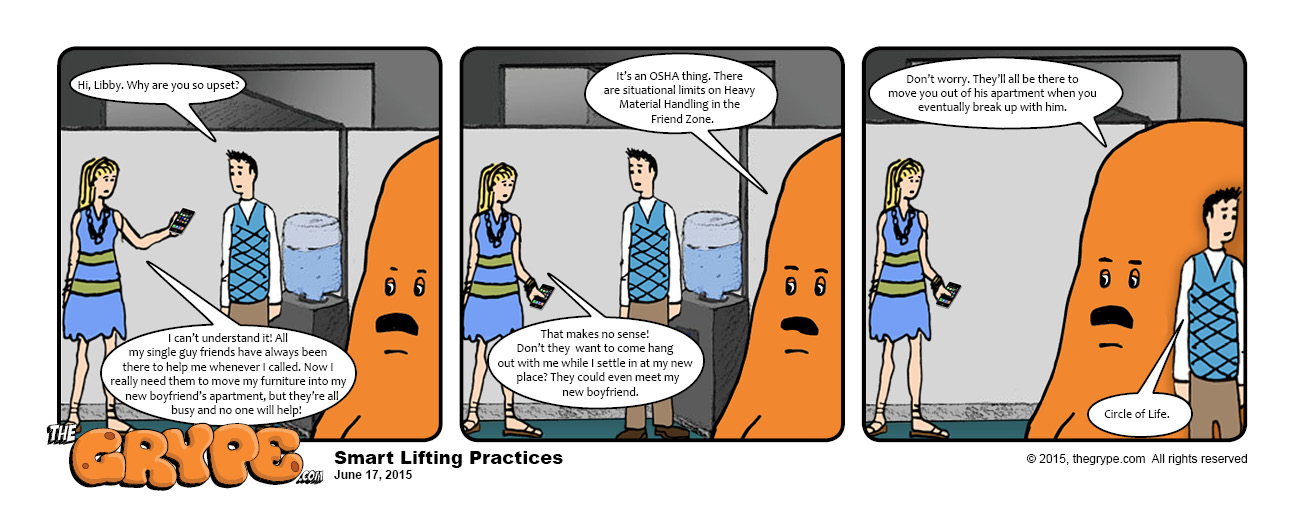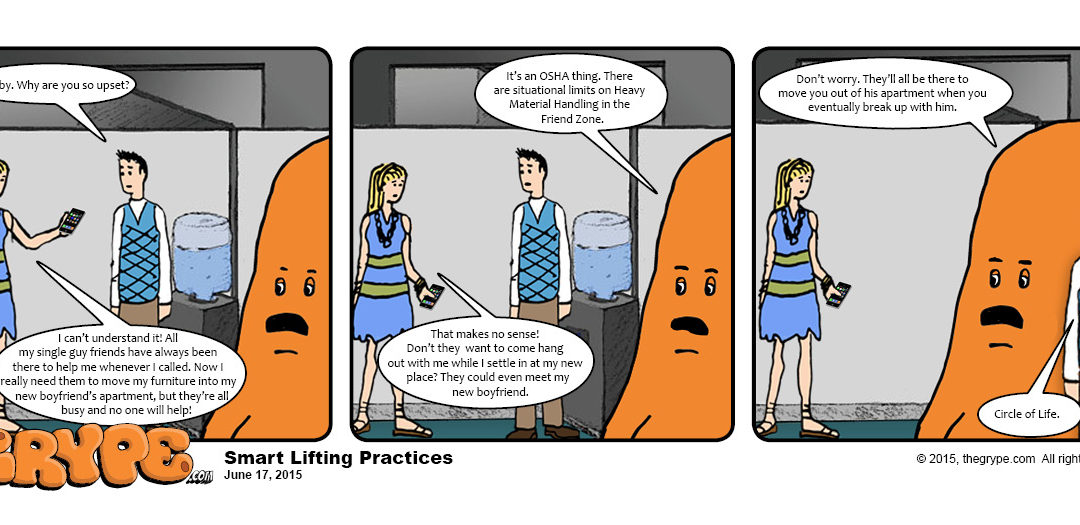 So, this week the various interwebs have been crazily abuzz over former-athlete/celebrity-stepmom Caitlyn (née Bruce) Jenner, noted ’70’s Wheaties box cover boy and lately the anointed spokesperson for the transgender movement. Lots of long-closeted bigotry has been unmasked as the result, some of it coming from surprising sources.
So, this week the various interwebs have been crazily abuzz over former-athlete/celebrity-stepmom Caitlyn (née Bruce) Jenner, noted ’70’s Wheaties box cover boy and lately the anointed spokesperson for the transgender movement. Lots of long-closeted bigotry has been unmasked as the result, some of it coming from surprising sources.
Which, one supposes, is inevitable. The trouble with Political Correctness has always been that, if given too much power, it creates a situation where the bigoted go right on believing whatever they choose but simply shut up about it. That’s not any kind of victory. It just drives anger, resentment, and prejudicial attitudes into hiding without addressing or correcting them.
I can’t count how many times I’ve ended a discussion with someone— a discussion that began as a racist, homophobic, or otherwise bigoted comment or complaint— with the other party thoughtfully admitting “Oh, wow. I never really looked at it that way before. I have a lot to think about.” Sometimes I myself have been compelled to rethink a previous position. But it’s happened a lot. Sometimes even after words got heated, and unpleasant things were said. But the issue was seriously discussed, debated, and examined.
Too often, Political Correctness kills the opportunity to have such a debate, by demanding that taboo topics not be broached or spoken about. Hiding bigotry— no matter how much better that might make us collectively feel— is not the same thing as combating it, and dealing with it. The internet continues to create new milieus for social interaction, bringing all the same old moral ideologism and self-serving demagoguery… with resultant soapboxes springing up like mushrooms everywhere one looks, rife with the same old hidden resentments and agendas.
The Jenner issue has drawn fire from multiple camps, often ugly and brutish. And for the record: those who pointedly preach tolerance should expect to be branded as hypocritical assholes if they behave intolerantly. And you CAN still be an asshole, even if you are on the popular or politically correct side of an issue.
So lately the battle for our hearts and minds seems to be more a matter of “access.” In my case, before social media I didn’t have a bunch of casual friends and acquaintances sitting in my living room, sharing their unwanted personal opinions and commentary on everything I said or did. It’s like a cocktail party; there are good guests, unruly guests, and intolerably hostile or rude guests. As the host of the party on my social media feeds, it’s my prerogative to show unruly or unwelcome guests the door. I have Unfollow, Unfriend, Ban, Hide, and Block options with which to defend the sanctity of my personal online sphere.
I don’t deny the right of others to hold their opinions, nor do I habitually dispute the validity of their beliefs. They are perfectly free to go right on believing whatever they wish. Just elsewhere. They don’t get to inflict scorn or bigotry upon myself, or upon my other friends and internet guests, rudely or in a hostile manner. There are limits to how much abuse I will tolerate in my presence. And online acquaintances certainly don’t get the same solicitude as my closer friends. Bottom line: rudeness gets taken out with the trash.
Since social media introduced the “meme” (the drive-by digital bumper sticker whose only purpose is to attract likes, clicks, and shares) things have gotten measurably worse. Most such memes are purposely controversial in order to play on current news events (or past news events, or made-up news events, or anything liable to piss people off or make them feel all weepy) in order to elicit an immediate emotional response from the viewer and (hopefully) translate that into a mouse click.
The worst and dumbest of these things fly around the various social media sites, wasting time and attention as they go. As a function of their ubiquity, they present complex issues in a black-and-white, yes-or-no context. All one way, or all another. No room for compromise. That plays into the current ridiculous mania among Americans that “any form of compromise makes you a loser.” That’s the weird social dynamic that has stalled our government and courts— fear of compromise. Which is plain stupid. The kind of stupid that don’t wash off in the rain.
But such internet memes invariably spark disputes whenever they reach someone who disagrees with them. And they aren’t usually very subtle; they are intended to insult. So… conflicts arise.
There is an old Irish proverb: “The fastest way to attract a crowd is to start a fight.”
That’s what the pundits, advertisers, and click-miners online are up to. And we fall into their traps constantly.
Sad but true.

